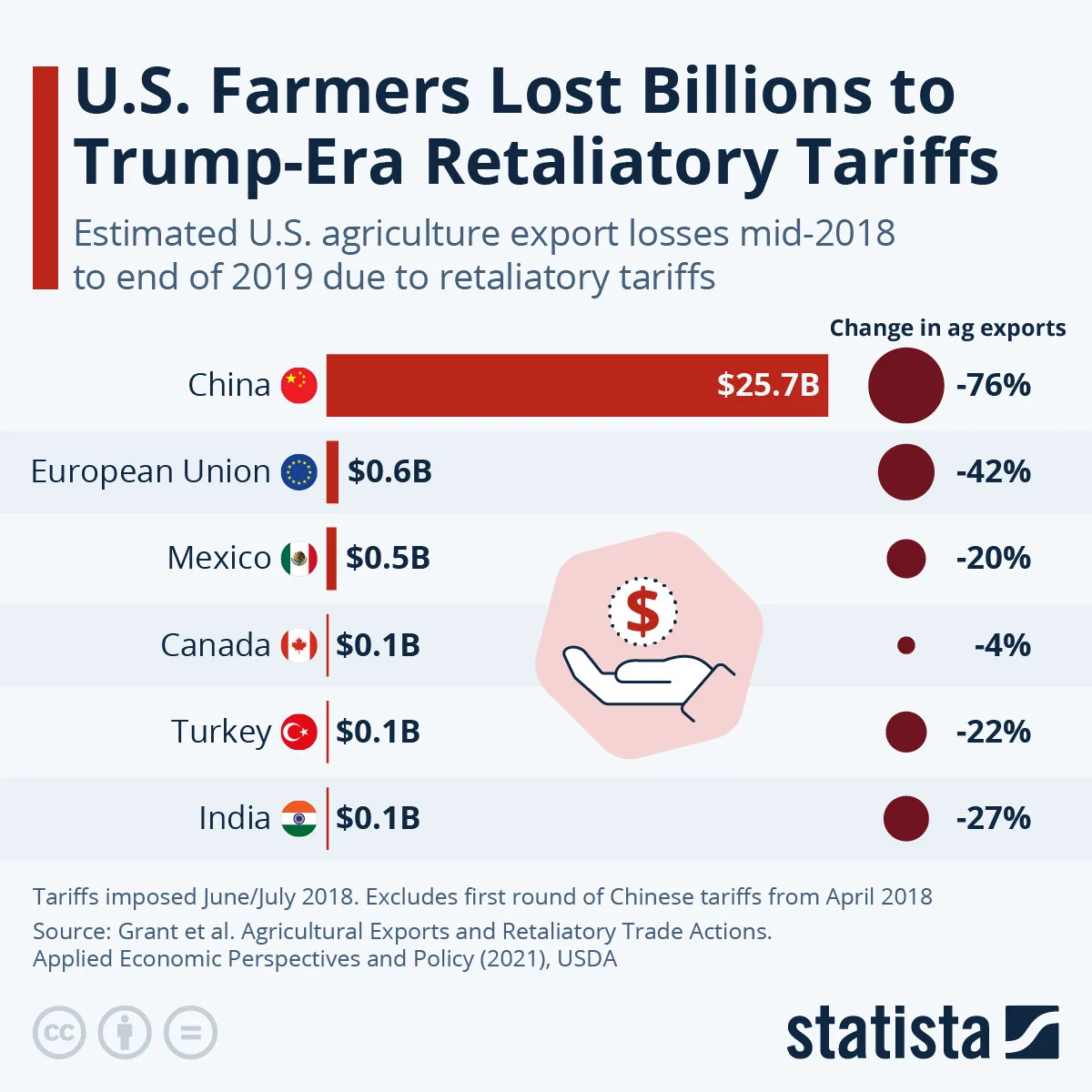In a significant escalation of trade tensions, Canada announced retaliatory tariffs against the United States in response to new measures imposed by the Trump administration. Prime Minister Justin Trudeau stated that the tariffs, which will affect a range of U.S. goods, are necessary to protect Canadian industries and counteract what he described as ‘unfair trade practices.’ The tariffs are set to begin on February 15, 2025, at a rate of 10%, targeting key sectors including agriculture and manufacturing.
According to reports, the Canadian government aims to raise approximately CAD 1.2 billion (about USD 920 million) through these tariffs, which they plan to reinvest in local businesses adversely affected by the tariffs introduced by Trump. Trudeau emphasized the importance of standing firm against unfair trade measures, saying, ‘We will not back down from protecting our workers and our economy. This is a decisive moment for Canadian businesses.’
Meanwhile, President Donald Trump responded to the announcements during a press conference, claiming that the tariffs are ‘a sign of weakness’ and stating that such measures would ultimately hurt Canadian consumers more than American businesses. ‘They can impose all the tariffs they want, but it is the Canadian people who will end up paying the price,’ Trump asserted.
The imposed tariffs follow a series of tariffs introduced by the U.S. on various imported goods from Canada, specifically in regard to aluminum and steel products, which have already impacted the trade relationship between the two nations. U.S.-Canada trade relations have been strained since Trump took office, with the ongoing tariff disputes being a significant point of contention.
Economic analysts have mixed opinions on the impact of these tariffs. Some predict that this could lead to a trade war, which would have detrimental effects on both economies, while others believe that the proactive measures taken by Canada could reinforce its market position in the long run. Experts from the Canadian Chamber of Commerce mentioned, ‘This will require strategic adjustments, but it is a move to ensure that Canadian businesses remain competitive in a challenging climate.’
In light of the growing trade frictions, both countries are urged to pursue negotiations to avert further escalation, with stakeholders from various industries calling for diplomatic resolutions to restore stable trade relations between the two neighboring nations.













